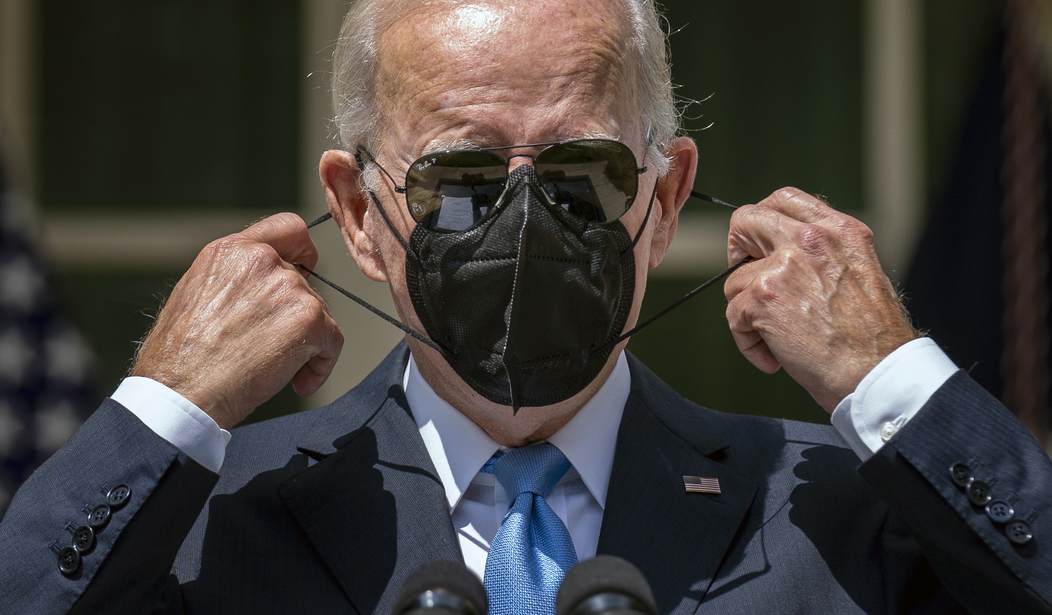Human beings differ in how much risk they will accept. Thus, as an analyst I quoted in a recent column concluded, Russian President Vladimir Putin "was too risk-acceptant" in invading Ukraine and Chinese leader Xi Jinping "has been too risk-averse" in imposing "zero-COVID" lockdowns.
Differences in accepting and averting risk appear between the sexes. Men tend to be more risk-acceptant and women more risk-averse. This makes evolutionary sense. Risk-taking helps men propagate their genes (Genghis Khan supposedly has 16 million descendants), while averting risk helps each woman preserve her precious few children.
This matters in American politics because women vote differently from men. This gender gap started in the 1980s, when women balked at, and men were more willing to accept, the risks of Reagan-like cuts to safety net programs. Also, single women averse to the risk of unwanted pregnancy strongly favored abortion rights.
The balance of attitudes toward risk has changed with demography. Now, white college graduates are the dominant force in the Democratic Party, and for the first time in America, a majority of college graduates are women.
And so, at a time when liberal white college grads dominate government, media and higher education and are rising in corporate life, it's not surprising to see people going overboard on risk aversion -- on COVID-19 prevention and climate change.
COVID lockdowns, first ordered in March 2020 as a temporary measure to prevent hospital overcrowding, quickly became shutdowns of large segments of the economy. Risk-averse governors moved to ban even zero-risk behaviors, including beach-going in California and buying gardening seeds in Michigan.
Recommended
But in the desperation to avert the risk of COVID-19 deaths, other risks were ignored, including medical risks from the postponement of cancer screenings and rehabilitative surgery.
Also ignored was the fact, known early on, that COVID-19 risks varied enormously by age, with the elderly at high risk and the young at virtually none. Sweden, which concentrated on protecting those over 65, and Florida, whose policies moved in that direction, suffered no more excess deaths as compared to previous years than most European countries and many American states with more stringent lockdowns.
The risk aversion was especially inappropriate (and in disregard of other risks) in school closings, with teacher union president Randi Weingarten dictating policy to the Centers for Disease Control and Prevention. The clout of the mostly female teachers unions in the Democratic Party resulted in more and longer school closings, and in unnecessary child vaccination requirements, than in just about any other country.
Now the evidence of collateral damage is piling up. Children are two years behind in reading and math, suffering from mental health problems and isolated from peers. The damage is greatest, predictably, among children from disadvantaged backgrounds and those with special needs. Not so much among the children of the white college grads, averse to even microscopic risks.
Something similar has been happening in energy policy. The Democrats' desperate attempts, driven by their white college graduate constituency, to avert the long-term risks of climate change are causing enormous short-term damage. From day one, President Joe Biden's administration has been closing down fossil fuel production and distribution: blocking the Keystone XL pipeline and oil drilling in Alaska, issuing the fewest federal oil leases since the 1940s, discouraging fossil fuel investment.
These policies have ignored other more tangible risks, including the political risk to Democrats of rising gas prices and the ridicule-inspiring picture of California bragging about banning sales of gas-fueled cars in 2035 and then days later asking drivers not to charge electric cars between 4 p.m. and 9 p.m.
So even though the United States has the world's largest oil reserves, the Biden administration has gone begging, unsuccessfully to the Saudis and now to terrorist-supporting Venezuela, for at least a few barrels of oil that it won't allow to be produced in the U.S. All to avert risks, the magnitude of which climate scientists can't come close to predicting precisely, which liberals have faith will arrive decades from now.
More predictable are the ill effects of mid-2030s phaseouts of gas-fueled cars and carbon emissions -- New England-sized acreage of wind turbines and solar panels, tens of thousands of miles of high-transmission electric lines. All these are supposed to be built by a government that, as liberal writer Ezra Klein laments, seems incapable of building big things anymore.
Why have American liberals gotten into the habit of laser-like focusing on averting some risks (many very low, such as COVID for children or climate change in the short term) and blithely accepting collateral damage? Maybe because their choice of what risks to avert allows them to boss everyone else around.

























Join the conversation as a VIP Member